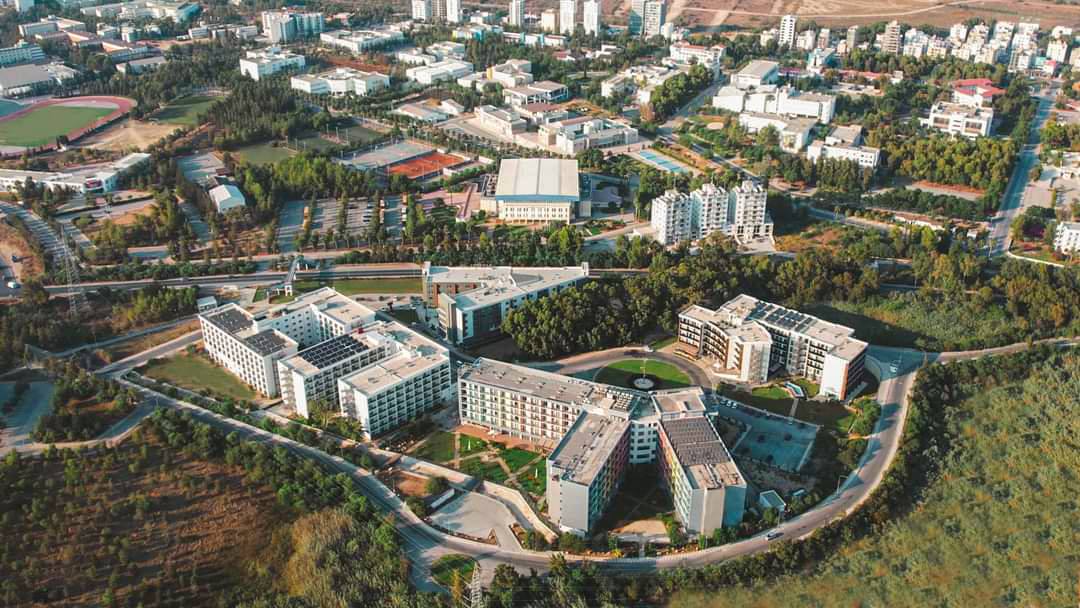The number of new students being registered at the north’s universities this academic year is 11 per cent lower than last year, it was revealed on Tuesday.
A total of 12,180 students were handed places at universities in the north, down from 13,700 a year ago. The new intake accounts for 72.7 per cent of the stated capacity of the north’s universities, with 16,745 new places having been opened this academic year.
The university taking in the highest number of new students is the Near East University in northern Nicosia, with a new cohort of 2,631 students.
The European University of Lefka (EUL) had the second-largest intake, with 2,535 new students, while the Eastern Mediterranean University (EMU) in Famagusta had the third largest, with 2,185 new students.
The Cyprus Science University in Kyrenia had the highest percentage of open places filled, with 91.7 per cent, while the EUL had the second highest, with 86.9 per cent.
The Cyprus Health and Social Sciences University (KSTU) in Morphou, which has become infamous during the “fake diploma scandal”, had the third-highest percentage of open places filled, at 74.2 per cent.
At the other end of the scale, just 36 new students have enrolled at the Rauf Denktash University in northern Nicosia. The university had opened 100 new places. A total of 50 people have enrolled at the Cyprus West University in Famagusta, which had opened a total of 102 new places.
Asked about the decreased in registration figures, the north’s higher education accreditation authority (Yodak) chairman Aykut Hocanin said “it is not a big decrease”.
The figures’ release comes at a time of relative calm after a turbulent 12 months for higher education in the north.
The “fake diploma scandal” rocked the north’s higher education system during the first half of the year, with a raft of high-profile arrests having been made in connection with alleged forgeries of documents, bribery, and money laundering.
Former ‘education minister’ Kemal Durust, his wife and high-level civil servant Meray Durust, former Yodak chairman Turgay Avci and board member Mehmet Hasguler, and Ersin Tatar’s bodyguard Serif Avcil were all arrested in connection with the scandal.
KSTU secretary-general and 30-per-cent-shareholder Serdal Gunduz is also among the high-profile arrestees, and stands accused of 98 charges of fraud, falsifying documents, money laundering, and other similar crimes.
Hocanin was appointed as Yodak chairman in March after Avci resigned following his arrest and said last month he is working to “create a reliable system in the field of higher education”.
To this end, work is now underway to implement Turkey’s higher education information management system, Yoksis, in the north.
However, Hocanin himself is not a figure who is immune from controversy. Prior to being hired as Yodak chairman, he had been the EMU’s rector.
He had suddenly resigned from that post just minutes before a university administration meeting was due to take place last September as the university had been engulfed in a financial crisis that summer.
University staff had been calling on Hocanin to resign after some claimed they had been paid less than €540 per month due to cost-cutting measures while the university ran at a budget deficit of 410 million TL – €14.2 million at the time.
Earlier in the summer, the university’s employees’ trade union Dau-Sen even threatened to take the university to court over unpaid wages, while its leader Ercan Hoskara warned that if measures were not taken, the university “could go the same way as KTHY”, the north’s airline which went bust in 2010.







Click here to change your cookie preferences